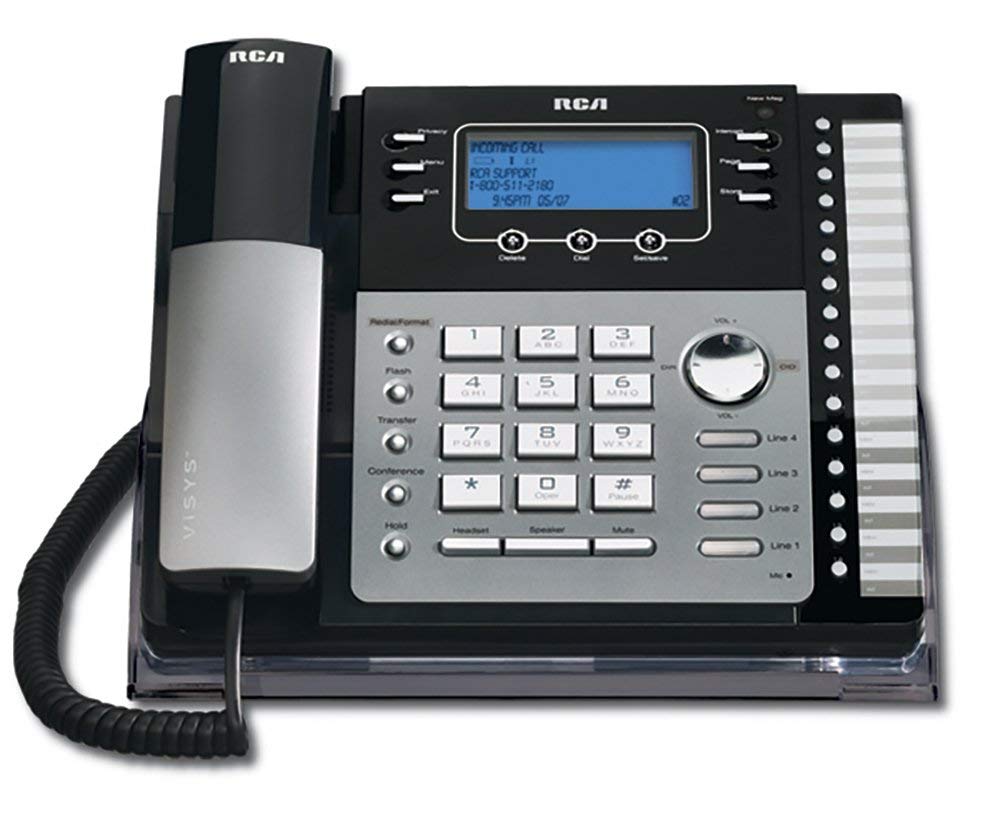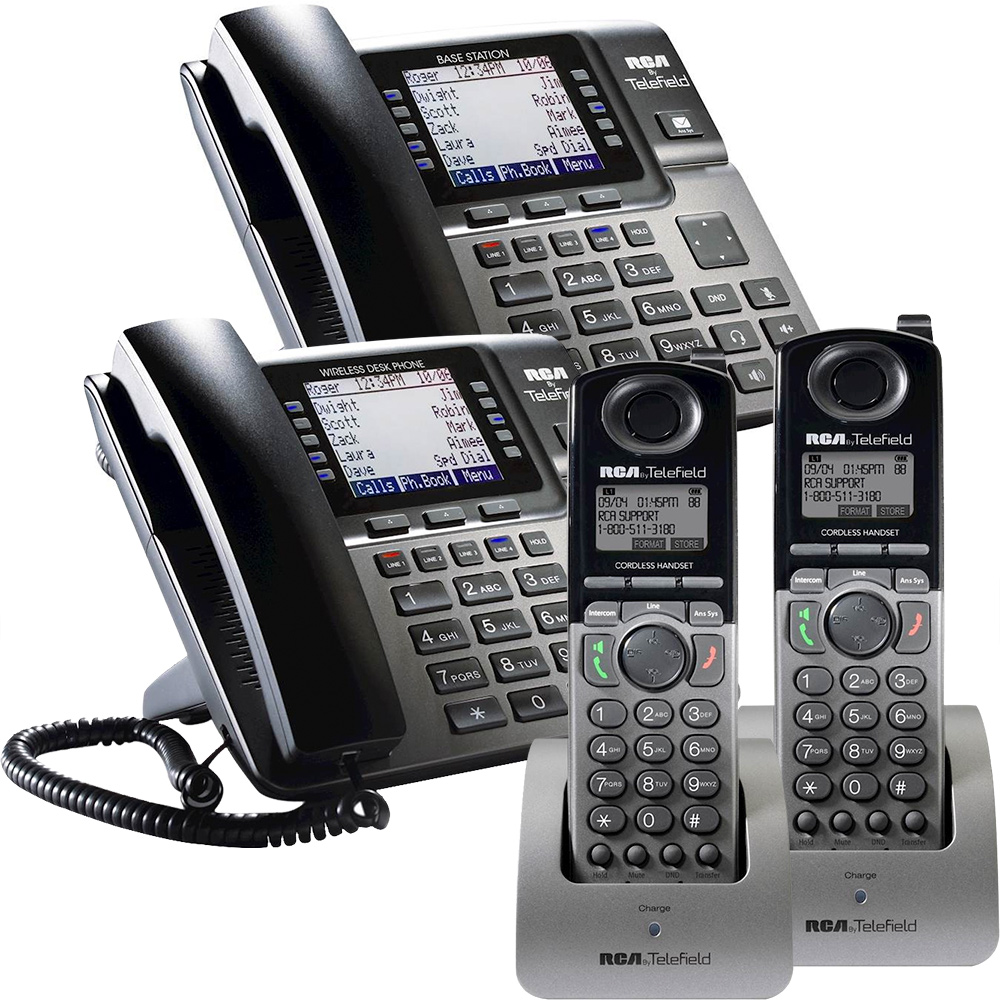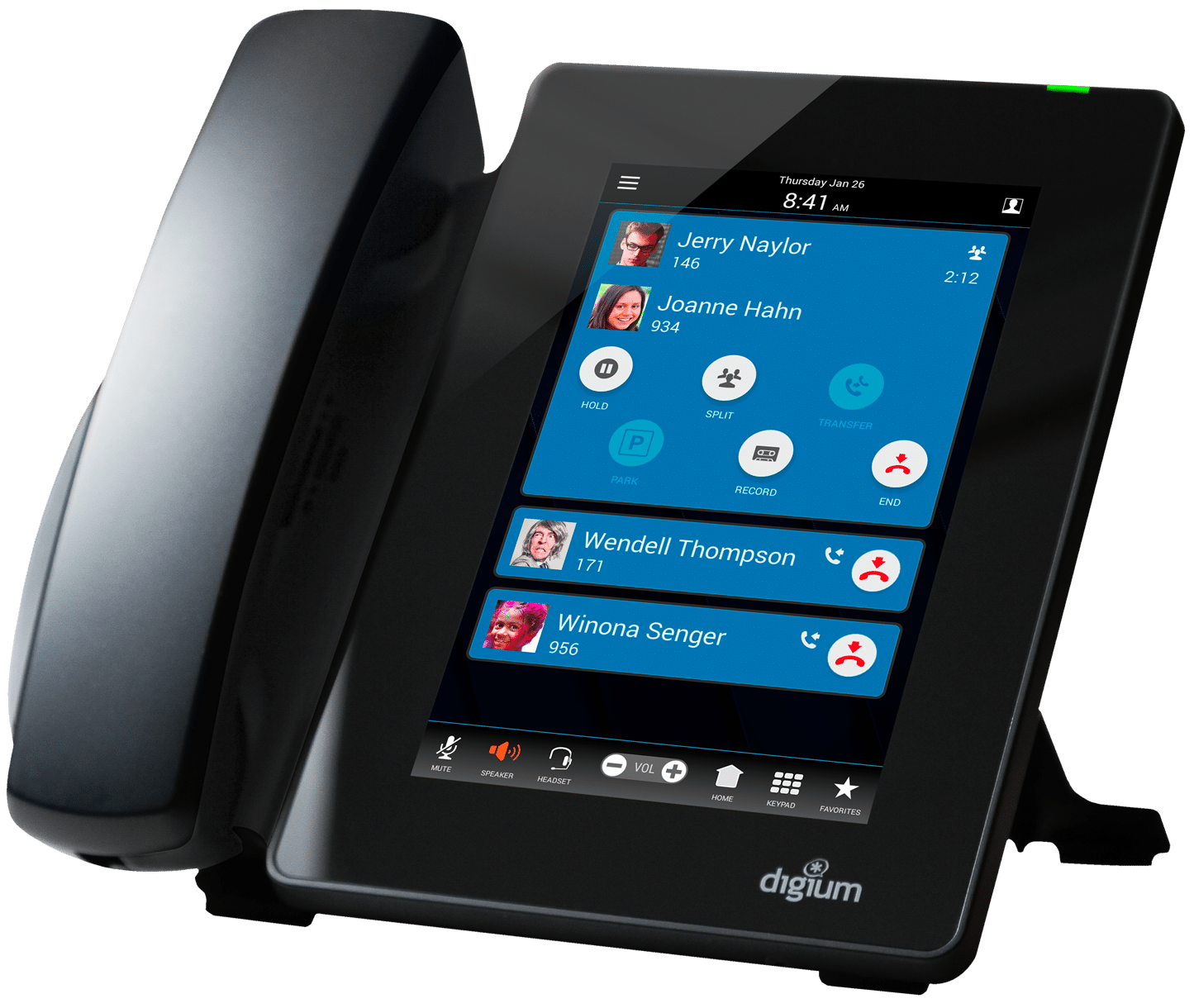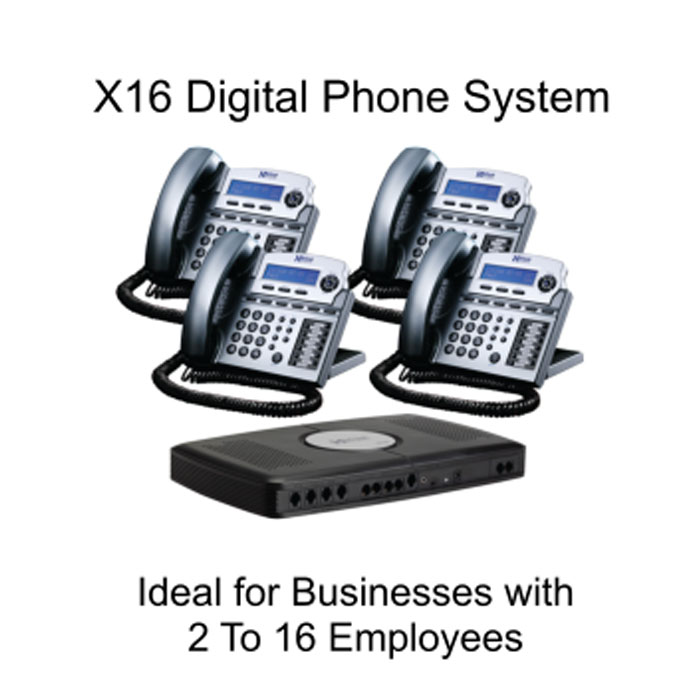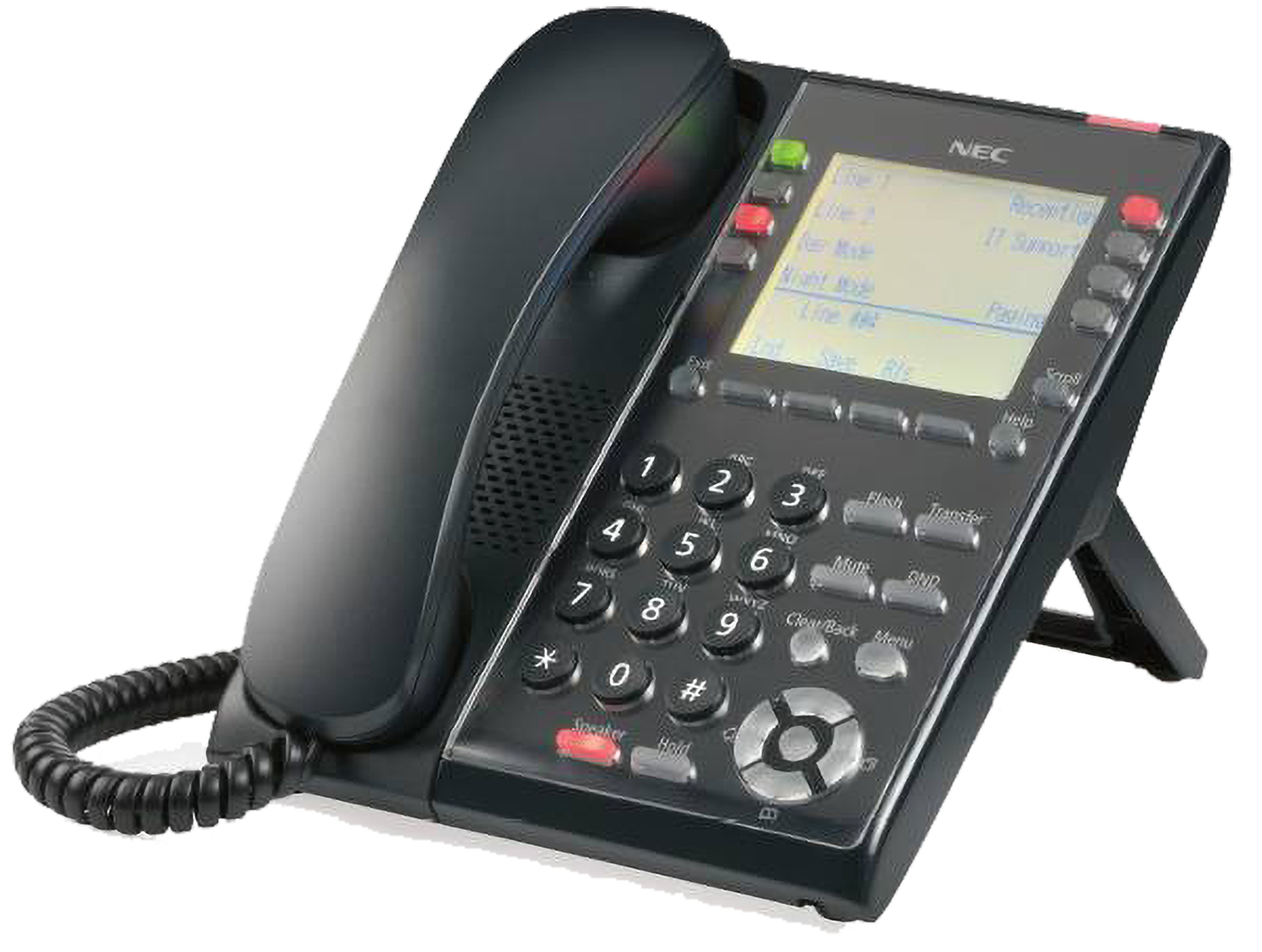Digital Phone Systems For Small Business

Small businesses are scrambling to upgrade their phone systems amidst rising costs and evolving customer expectations. The shift to digital solutions is no longer a luxury, but a necessity for survival.
The transition to digital phone systems, offering features like VoIP and cloud-based services, presents a critical opportunity for small businesses to enhance communication efficiency, reduce operational expenses, and improve customer service. But what are the pros and cons?
The Digital Divide: Why Now?
Traditional phone systems are becoming obsolete. Maintenance costs are soaring, and their limited functionality can't compete with the agility of digital solutions.
According to a recent study by TechRadar Pro, businesses adopting VoIP systems report an average cost reduction of up to 60% on phone bills.
The pandemic accelerated the adoption of remote work, further fueling the demand for flexible and scalable communication systems.
Key Features and Benefits
Digital phone systems offer a range of features that can revolutionize small business communication.
These include VoIP (Voice over Internet Protocol), call routing, voicemail-to-email, video conferencing, and integration with CRM (Customer Relationship Management) software.
Businesses can now handle calls from anywhere with an internet connection, providing seamless customer service regardless of location.
Choosing the Right System
Selecting the right digital phone system requires careful consideration of business needs and budget.
Forbes Advisor recommends assessing factors such as the number of employees, call volume, desired features, and integration requirements before making a decision.
Popular providers include RingCentral, Zoom Phone, Dialpad, and Nextiva, each offering different pricing plans and feature sets.
The Security Imperative
Security is a paramount concern when migrating to digital phone systems. Data breaches and cyberattacks are on the rise.
Ensure the chosen provider offers robust security measures, including encryption, firewalls, and regular security audits.
Employee training on security best practices is crucial to prevent phishing scams and other cyber threats.
The Downside
The main issue is the internet.
A stable internet connection is critical for the reliability of a digital phone system. Power outages and internet disruptions can disrupt communication, leading to potential business losses.
Businesses should consider implementing backup internet solutions and uninterruptible power supplies (UPS) to mitigate these risks.
Implementation and Training
Proper implementation and training are essential for maximizing the benefits of a digital phone system.
Many providers offer support and training resources to help businesses transition smoothly.
Investing in employee training ensures that everyone can effectively utilize the system's features and functionalities.
Real-World Impact
"Switching to a digital phone system has been a game-changer for our small business," says Sarah Chen, owner of a local bakery. "We've reduced our phone bill by 40% and improved customer service by streamlining our call routing."
Chen added that the ability to manage calls from anywhere has allowed her team to work more flexibly and efficiently.
What's Next?
The evolution of digital phone systems is ongoing.
Businesses should stay informed about the latest technological advancements and adapt their communication strategies accordingly.
Keep an eye on developments in AI-powered call centers and unified communications platforms, which promise to further enhance business communication in the future.
